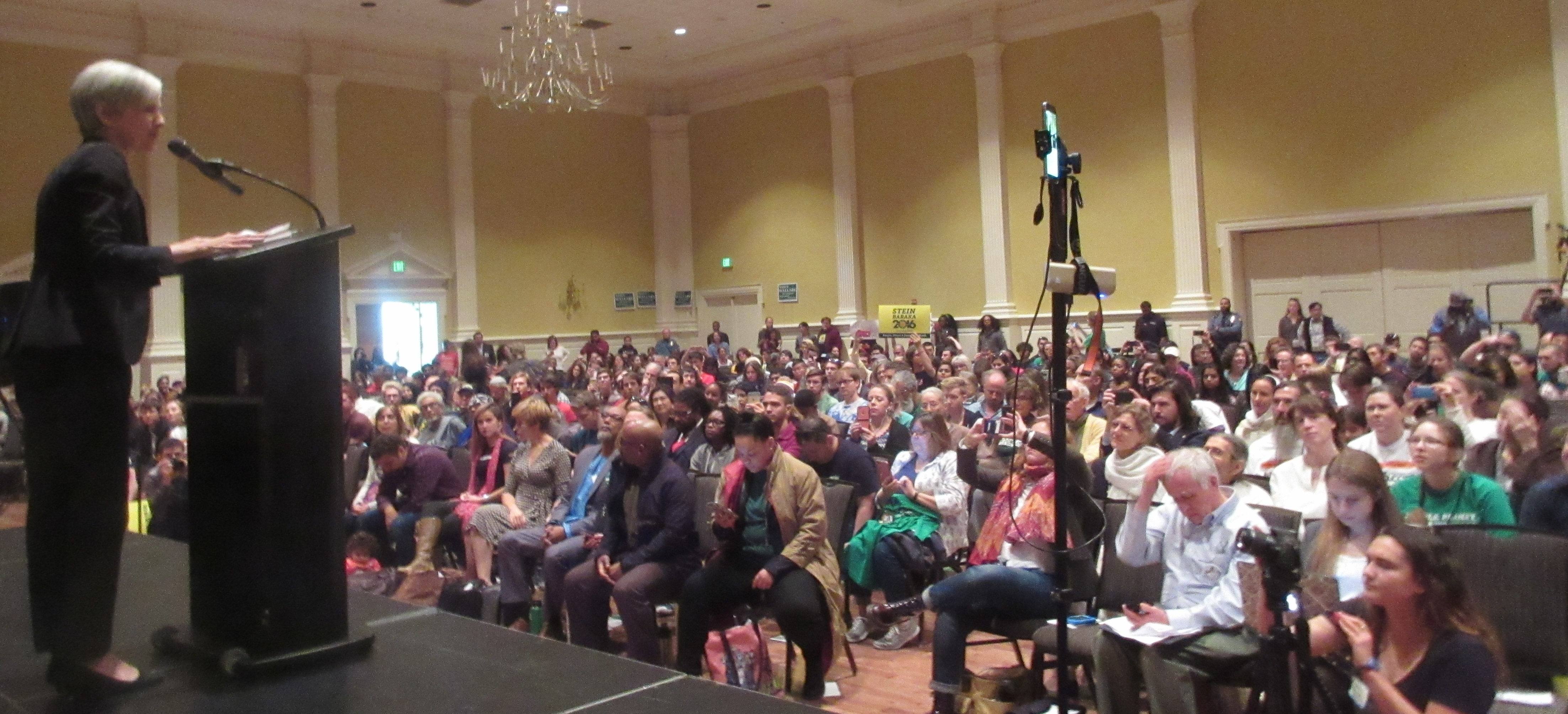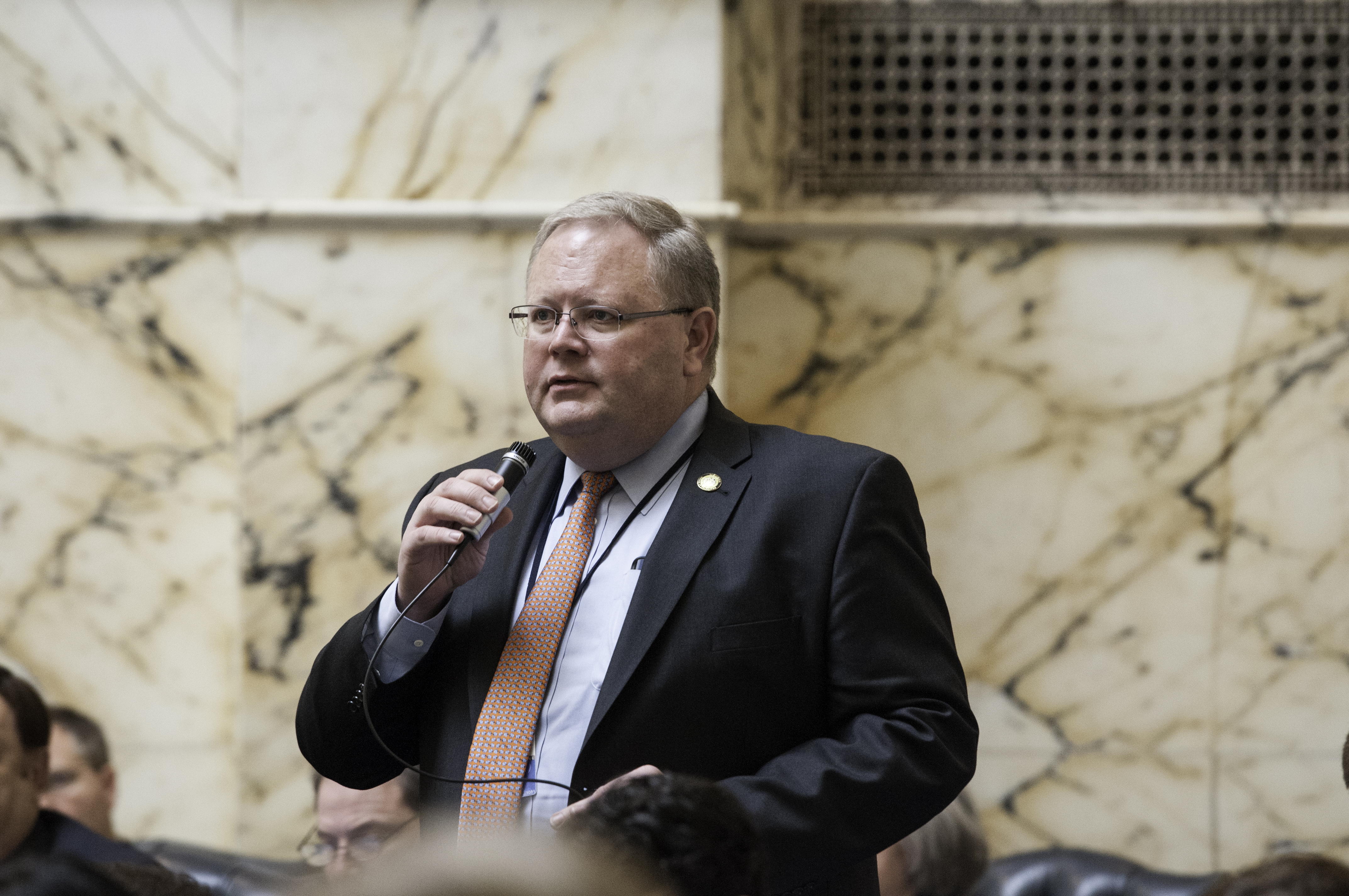By Glynis Kazanjian
For MarylandReporter.com
A Democratic senator scolded the Republican vice president of the state school board for his choice of words at an Annapolis hearing Wednesday when describing what he called Maryland’s low-ranking accountability standard used to measure student academic achievement.
Chester Finn, vice president of the Maryland State Board of Education, said legislation approved by the state legislature last year placed Maryland “in the cellar” in terms of how U.S. schools rate student academic outcomes, which makes Maryland “second lowest” in the country.
“Last year’s legislation was aptly named Protect Our Schools Act, because sadly it protects our schools from rigorous accountability for the achievement of their students,” said Finn, a panelist at a Senate Education, Health and Environmental Affairs (EHE) Committee hearing. “In both grades K-8 and high school, Maryland’s Every Student Succeeds Act (ESSA) plan is second lowest in the country in counting actual student outcome.”
When Sen. Cheryl Kagan, D-Montgomery, castigated Finn for his use of language, however, she used the state’s efforts to lure a second Amazon headquarters to Maryland to make her point.
Kagan said to Finn, “I want to take note of the words you used. Messaging matters . . . I don’t think that when we’re trying to get Amazon here and trying to spread the word that Maryland is open for business that your using words like ‘worst, lowest, in the cellar’, is helpful in any way.”
Changing the formula
Finn, along with other panelists, was testifying before the committee, in support of emergency legislation proposed by Gov. Larry Hogan. The legislation, Protecting Our Students Act of 2018, SB301, would change the formula the state uses to measure student academic performance by increasing the percentage of academic accountability from 55% to 80% to measure student success.
Currently, under a plan passed by the legislature last year, 55% of academic performance and 45% of school quality (or “school climate”) is used to measure how well students are learning in Maryland.
Hogan legislative advisor Keiffer Mitchell said the governor thinks the state can do better that 2017 legislation to comply with the federal Every Student Succeeds Act, an initiative striving to improve standards across the K-12 education system. Hogan vetoed the bill, and then the state legislature overrode his veto.
“Gov. Hogan believes every child in Maryland deserves a great education regardless of what neighborhood they grow up in,” Mitchell said. “The status quo is not good enough. Taxpayers, parents and especially students have a right to expect and deserve more when it comes to standards, account oversight and innovation. Gov. Hogan believes we can do it better.”
Kagan, who many believe will be picked as a running mate for one of Hogan’s Democratic challengers in this year’s election, defended the committee’s work and called Finn’s remarks “inappropriate.”
Maryland students ‘incredible’
“Maryland students are incredible, many of them labor under significant economic, learning or linguistics challenges,” Kagan said to Finn. “I think we want to do what we can to support them. I worked really hard with the panel, with stakeholders, advocates, and put in a lot of hours with a lot of experts working with ESSA and enacting it . . .
“I don’t think your testimony acknowledged that . . . you can absolutely support this bill and support a modification, but I don’t think that disparaging this committee and this body is appropriate.”
Finn, a longtime education professor and an assistant U.S. secretary of education in the Reagan administration, said the plan originally submitted to the U.S. Department of Education called for student academic outcomes to count for 65% of the state education ratings – “the most allowed” under the protect our schools act.
“But last year state legislation required that we fit into the 65% at least 10% to be based on student accessibility to a well rounded curriculum,” Finn testified. “The federal government determined that such access does not qualify as an academic indicator under ESSA, so they reclassified it as a school quality indicator, which had the effect of shifting the balance in Maryland’s approved plan to 55% academic and 45% school quality – which is the second lowest in the country.”
EHE Committee Vice Chair Paul Pinsky, D-Prince George’s, defended the 2017 Protect Our Schools Act, HB978. He said there were plenty of studies to show that low performance and bad attendance were directly related to school climate, a term used to represent qualities associated with school conditions.
Feds approved plan
Others opponents of the governor’s bill said the 2017 plan was already approved by the federal government and implementing a new version would delay progress across the state.
“I was part of the discussions for over a year to put that plan together,” said Cheryl Bost, Maryland State Education Association vice president and a Baltimore County school teacher. “There were internal teams, external teams, regional town hall meetings which I attended, legislative action. It was a stakeholder, grassroots effort to put that plan together.
“It’s a little Johnny-come-lately for the governor to tell us we have to change a plan that was approved by the federal government. We joined a coalition including the NAACP-Maryland, Maryland PTA, Casa de Maryland, Disability Rights Maryland, the ACLU, Advocates for Child and Youth, School Social Workers in Maryland, Arts Education in Maryland, Maryland Schools Alliance, Attendance Works, Maryland Coalition for Community Schools, Maryland Out of School time Network. All of these groups came together and support this plan.”
MSEA Assistant Executive Director Sean Johnson said the state will be using PARCC test scores this year as a baseline to measure.
“To come back at this point when we are in an implementing mode in 24 local school districts would be delaying progress,” Johnson said. “We’re using this year’s PARCC testing as a baseline. We are preparing to implement this new accountability program for the 2018-19 school year. SB301 delays the work that need to get done . . . We recommend an unfavorable vote.”
Finn defended his comments to Kagan and the committee, stating he was in no way trying to disparage children.
“Just to be clear,” Finn said to Kagan. “The testimony makes clear I’m not talking about the performance of our students. I was talking about the ranking of our plan among other states’ plans. It is among the lowest when it comes to the attention it pays to student achievement. That was my point, that is my point now, and it is a fact.”







Recent Comments